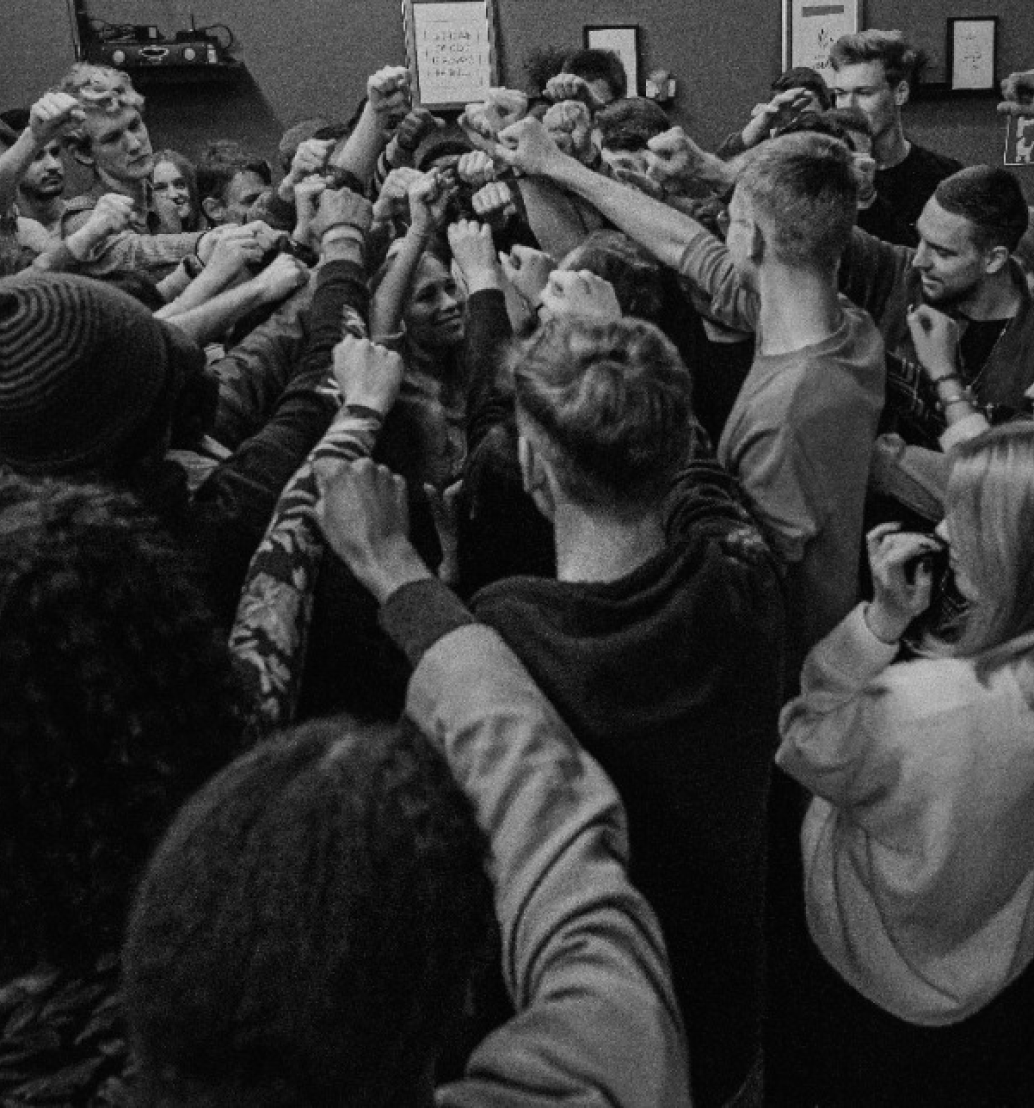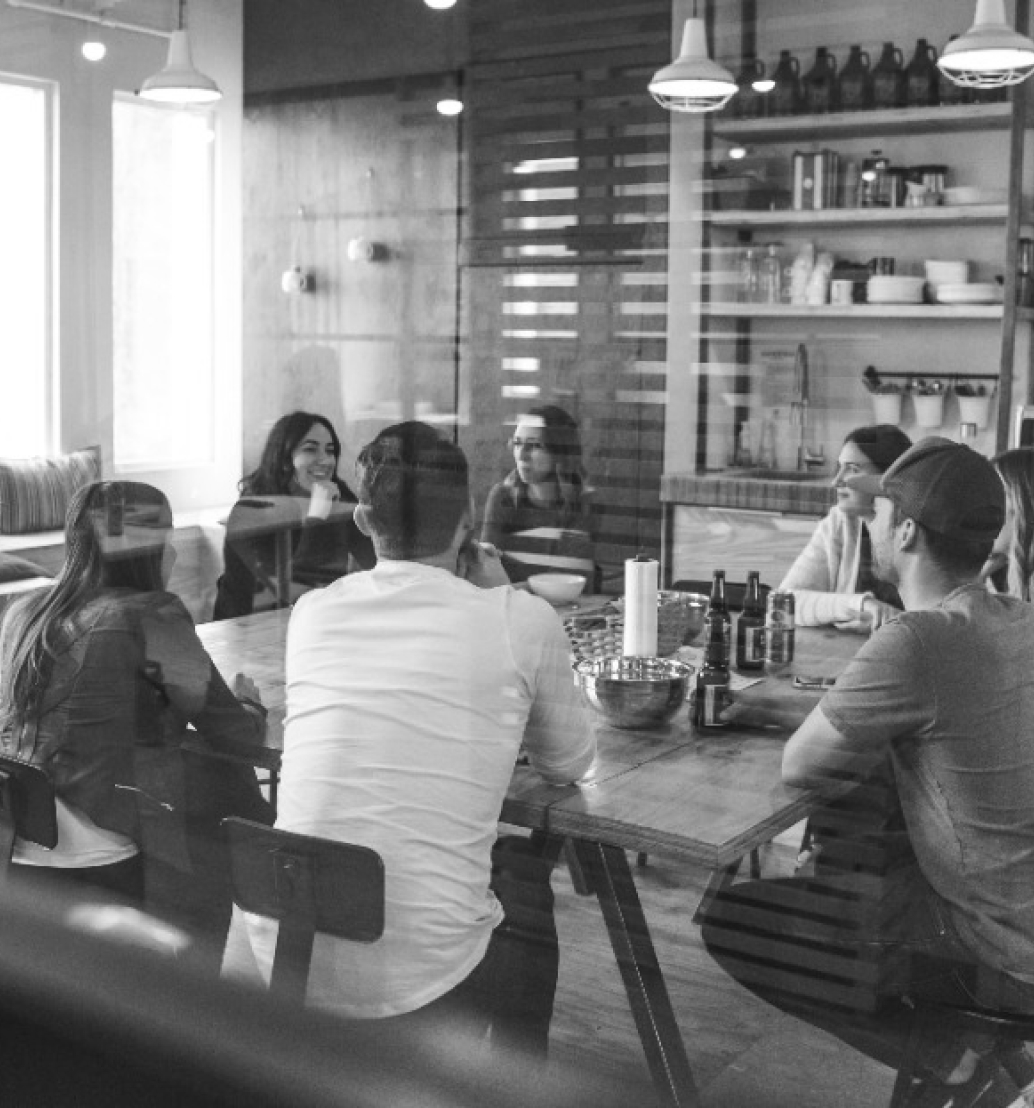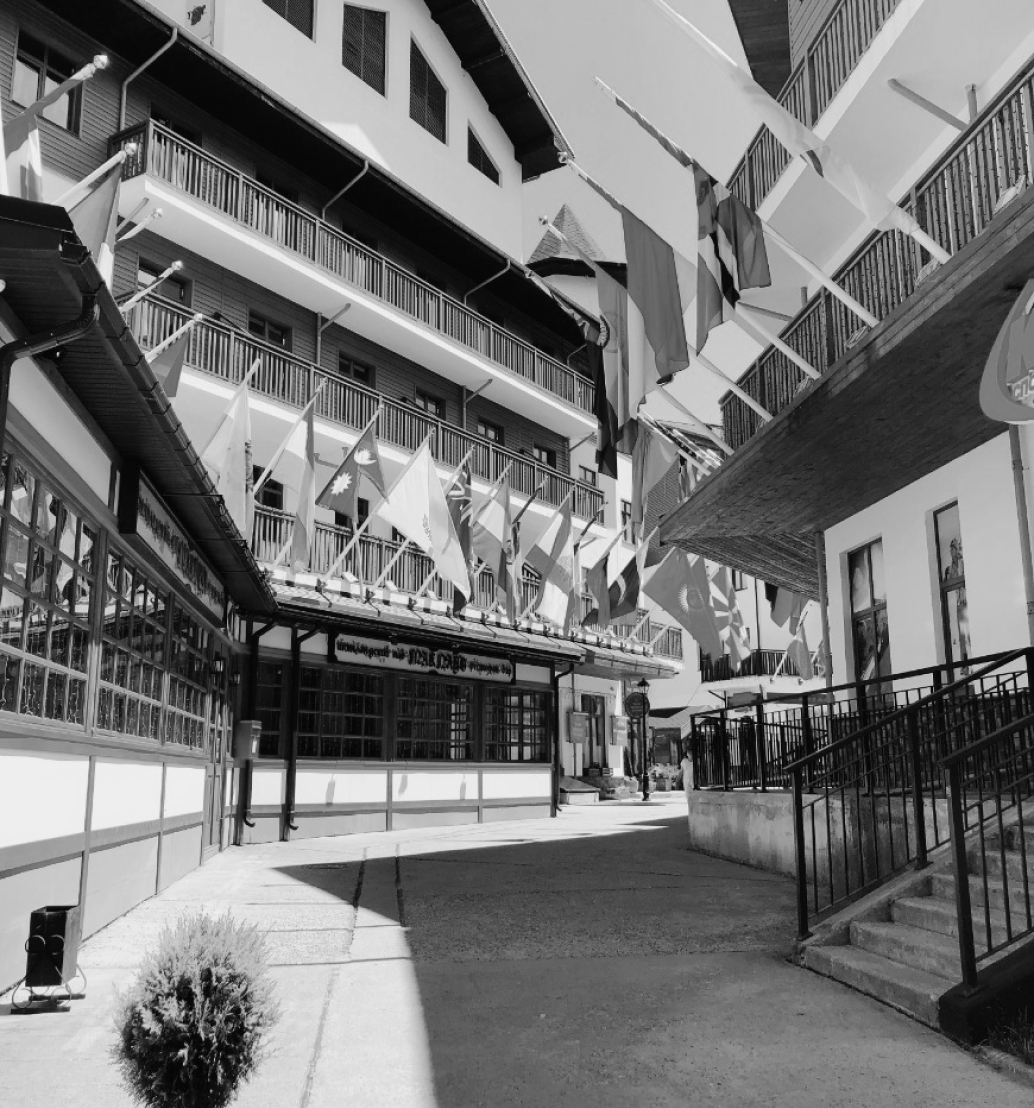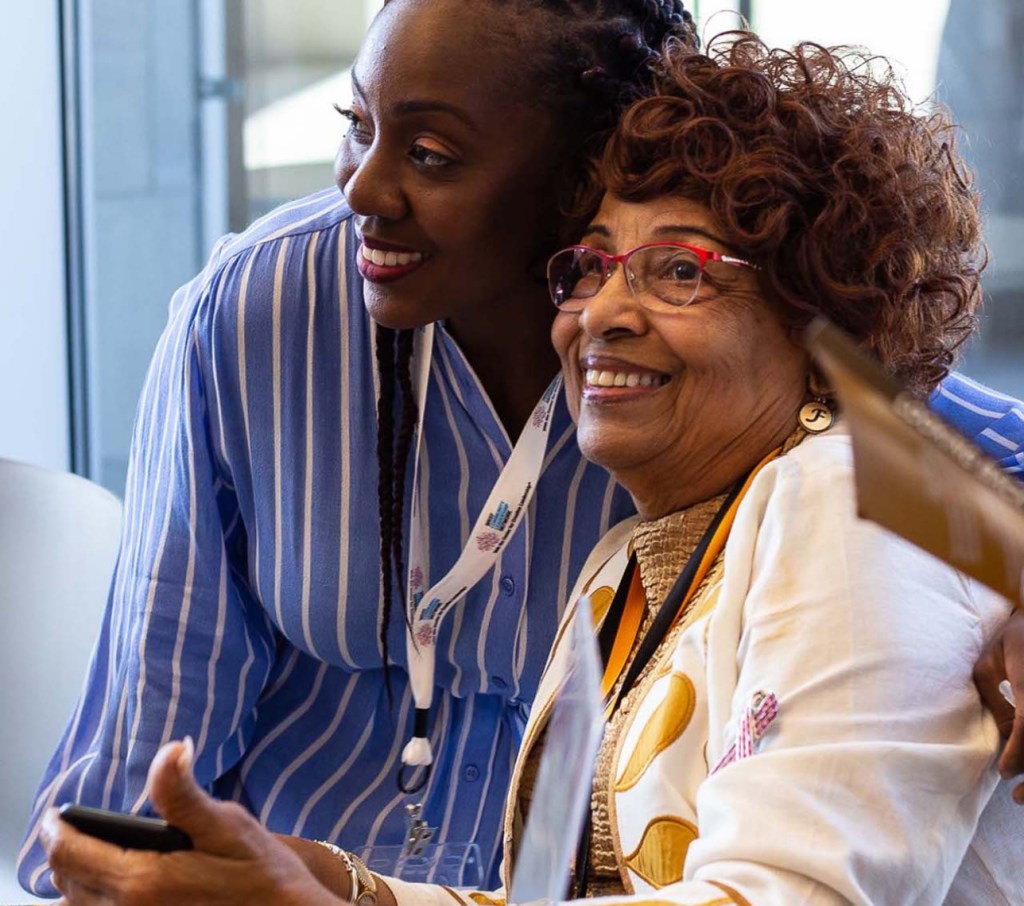NATIONAL DAY OF RACIAL HEALING
The National Day of Racial Healing is a time to contemplate our shared values and create the blueprint together for #HowWeHeal from the effects of racism. Launched on January 16, 2024, it is an opportunity to bring ALL people together in their common humanity and inspire collective action to create a more just and equitable world.
Nationwide
Alaska
Arizona
Arkansas
California
Colorado
Connecticut
Delaware
District of Columbia
Florida
Georgia
Hawaii
Idaho
Illinois
Indiana
Iowa
Kentucky
Louisiana
Maryland
Massachusetts
Michigan
Minnesota
Mississippi
Missouri
Montana
Nebraska
Nevada
New Jersey
New Mexico
New York
North Carolina
Ohio
Oklahoma
Pennsylvania
Rhode Island
South Carolina
Tennessee
Texas
Utah
Virginia
Washington
Wisconsin
GET YOUR ACTION KITS!
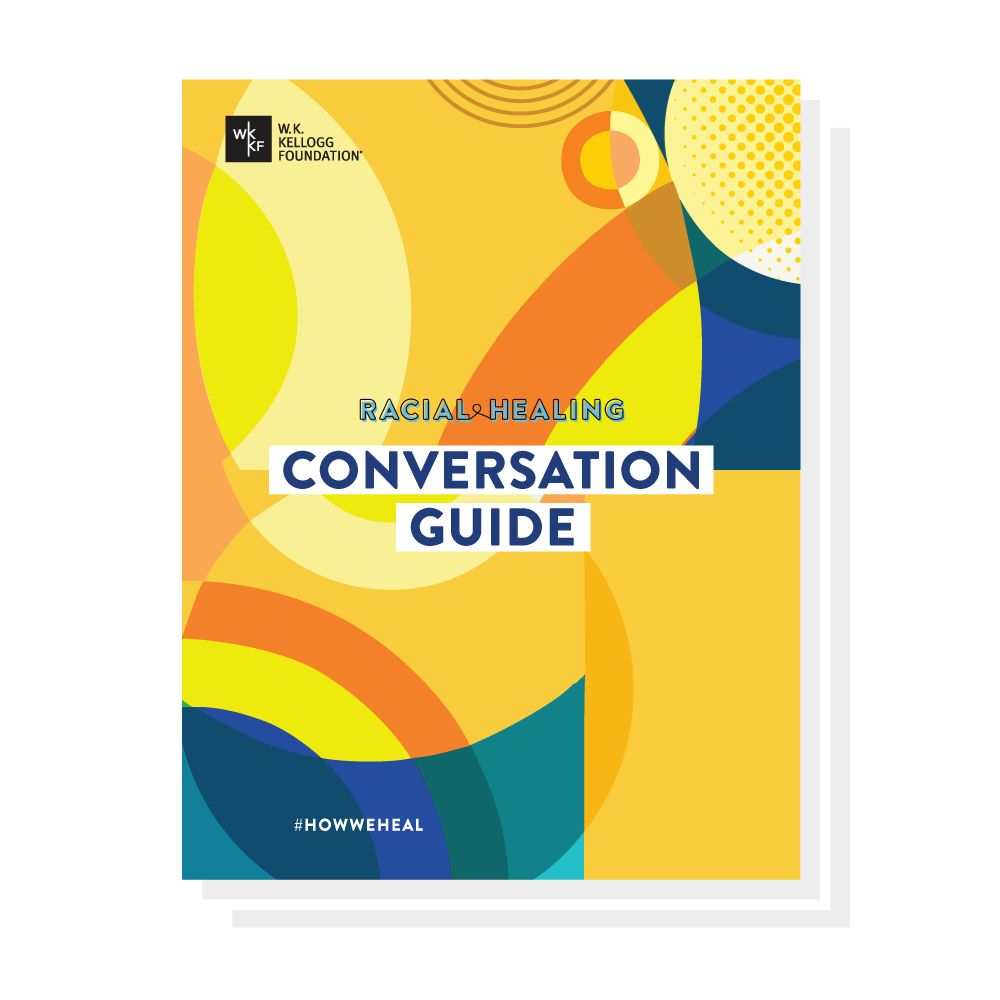
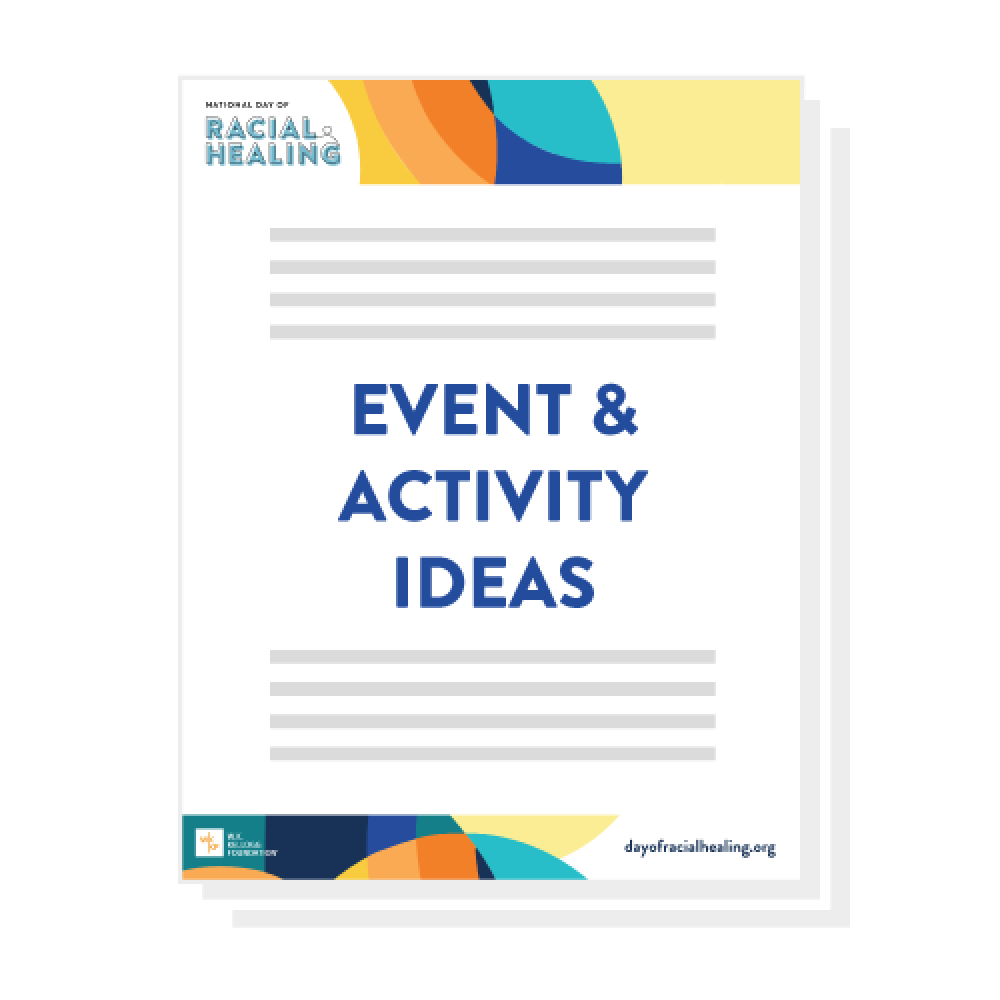


Thinking of planning an event for the National Day of Racial Healing? These guides offer suggestions for creating engaging racial healing experiences for children, in professional settings and among policymakers.
Join the
Conversation
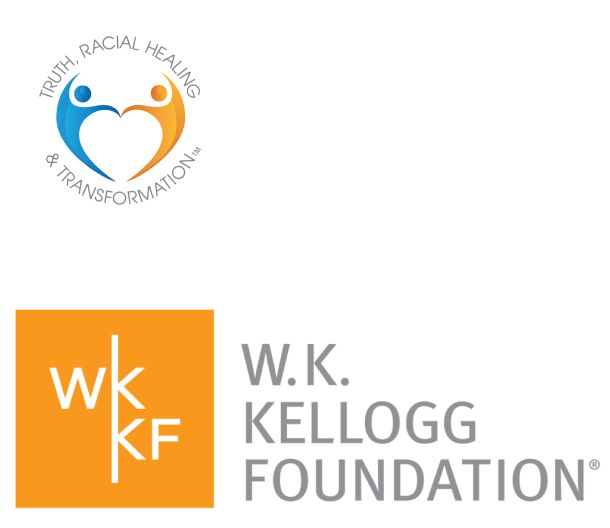
This annual observance is hosted by the W.K. Kellogg Foundation (WKKF) and was created with and builds on the work and learnings of the Truth, Racial Healing & Transformation (TRHT) community partners. Fundamental to this day is a clear understanding that racial healing is at the core of racial equity. This day is observed every year on the Tuesday following Martin Luther King, Jr. Day.
WHAT IS
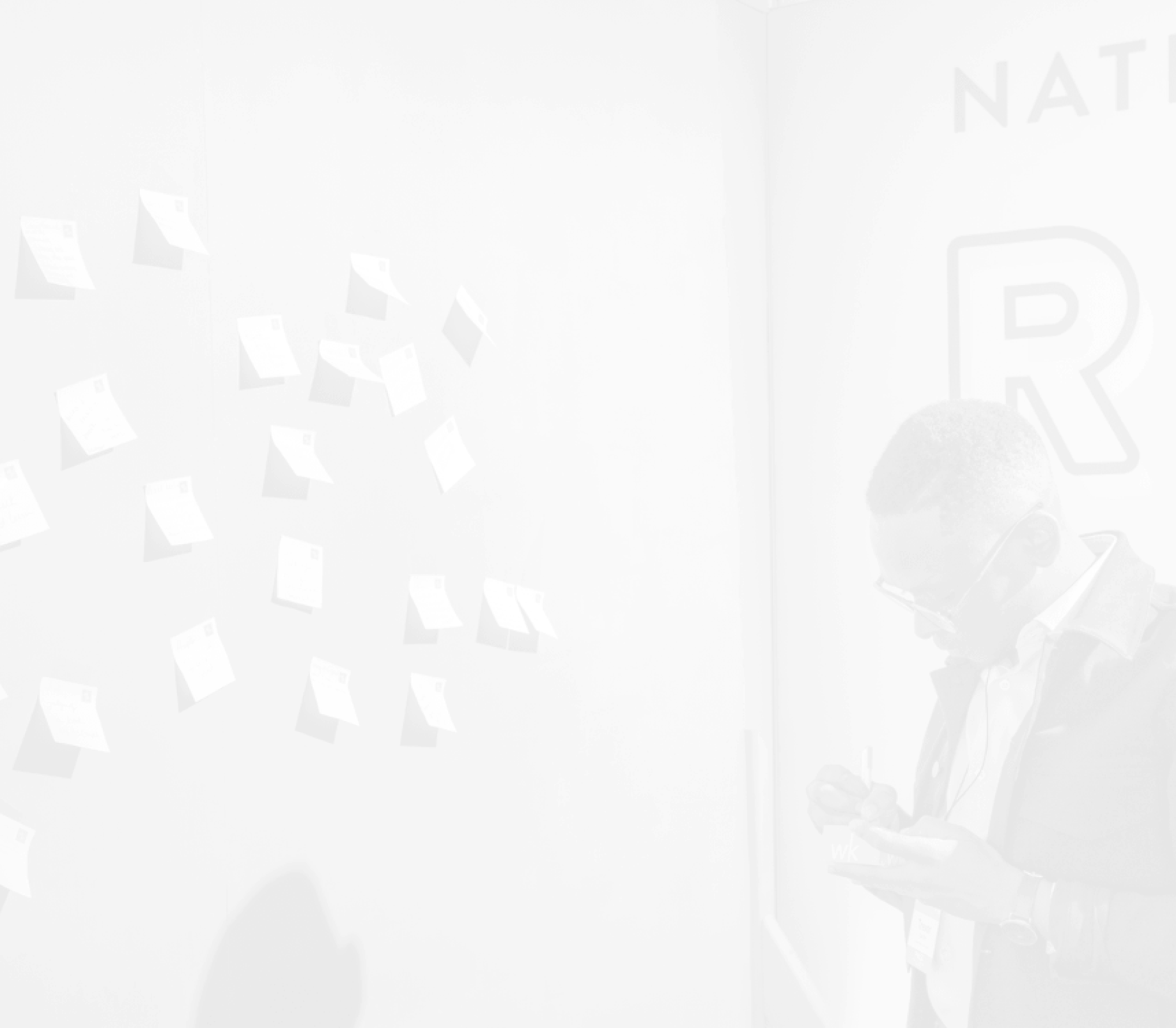
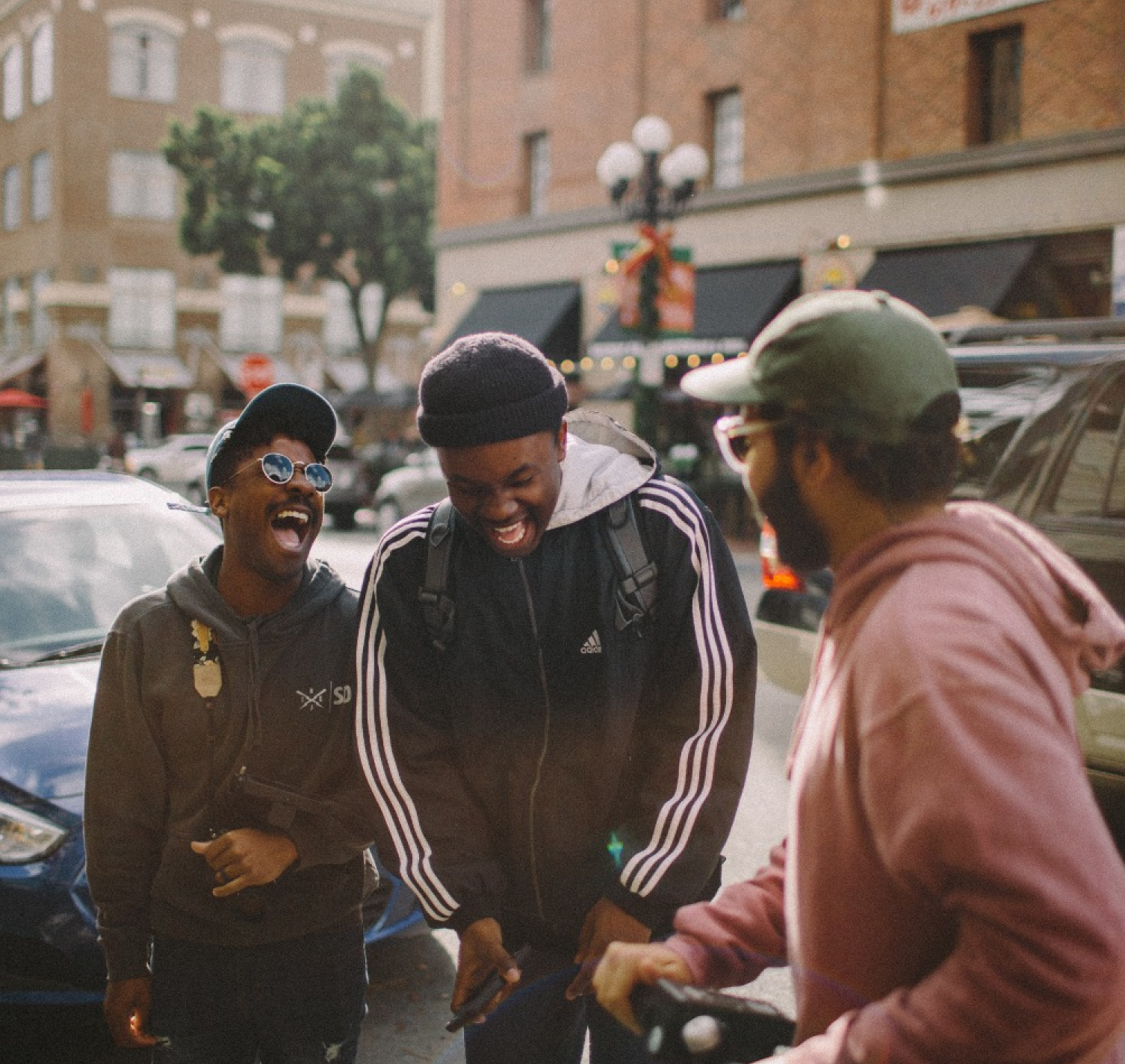
RACIAL
HEALING
Racial healing is the experience shared by people when they speak openly and hear the truth about past wrongs and the negative impacts created by individual and systemic racism.
Racial healing helps to build trust among people and restores communities to wholeness, so they can work together on changing current systems and structures so that they affirm the inherent value of all people.
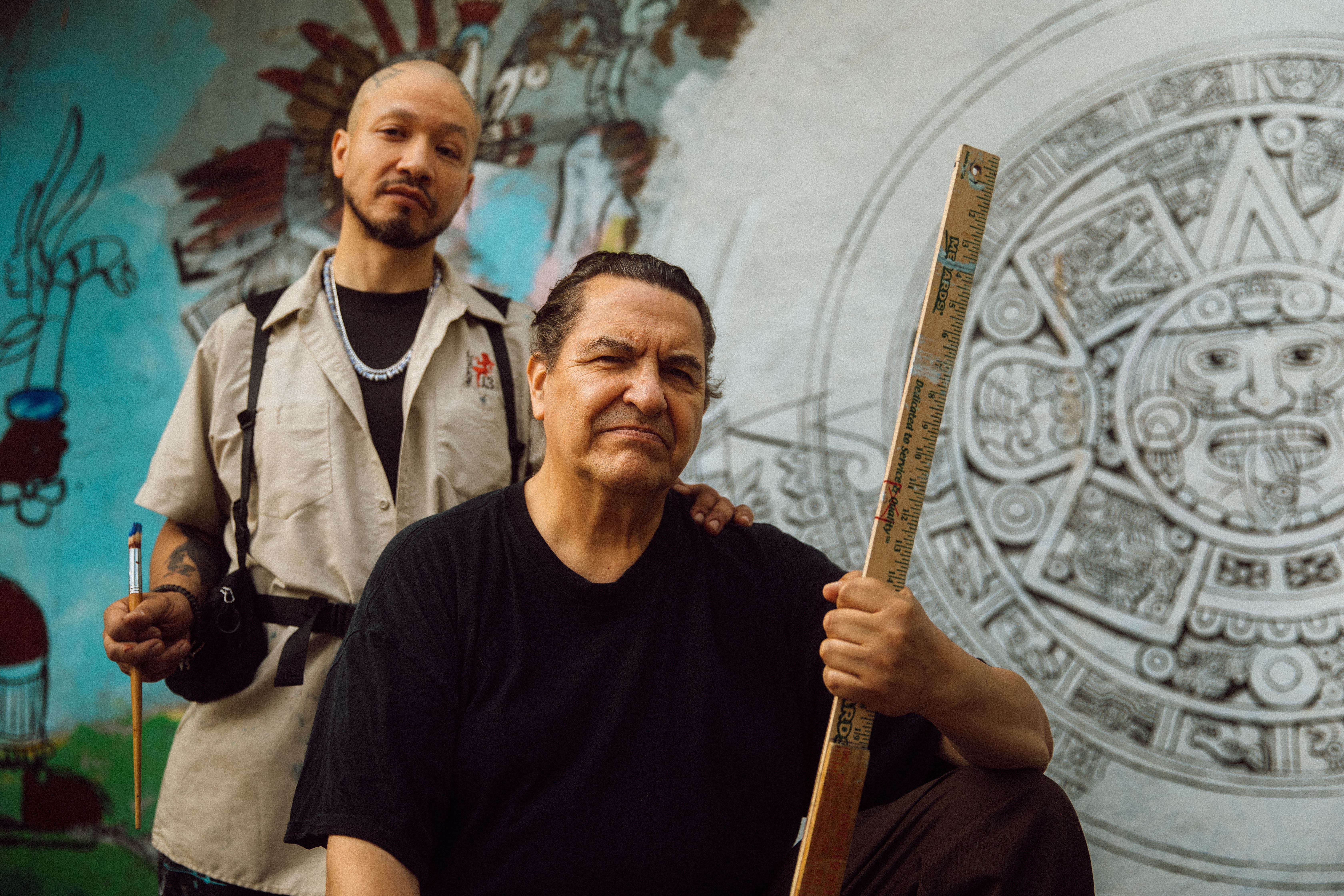
RACIAL
EQUITY
Racial equity is the condition where people of all races and ethnicities can live in a society where a person’s racial identity does not determine how they are treated nor predict life outcomes.
Achieving racial equity requires both systems transformation and racial healing.
Watch
Our partners at NBCUniversal are documenting powerful stories from communities across the country where people are working together to create lasting change. We invite you to watch the digital series “Changing the Narrative.”
This introductory episode hosted by Zinhle Essamuah features an exclusive interview with W.K. Kellogg Foundation President and CEO La June Montgomery Tabron on the origins of racial healing and the ongoing work required to achieve racial equity.
